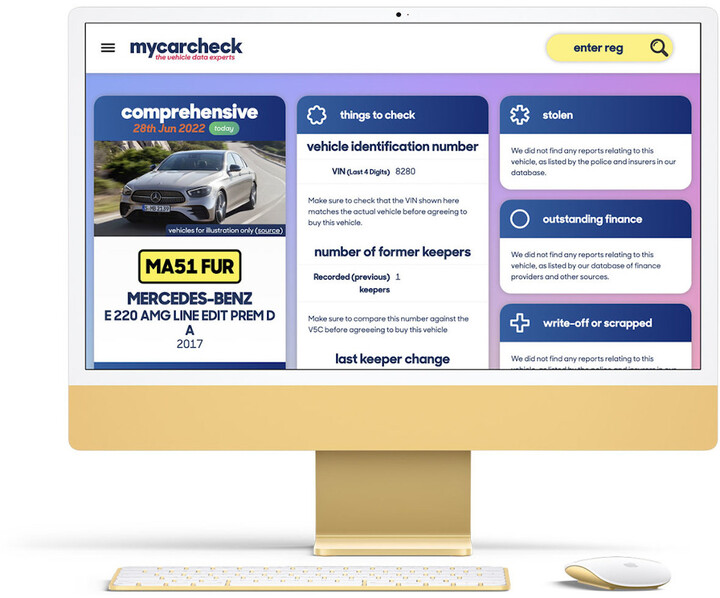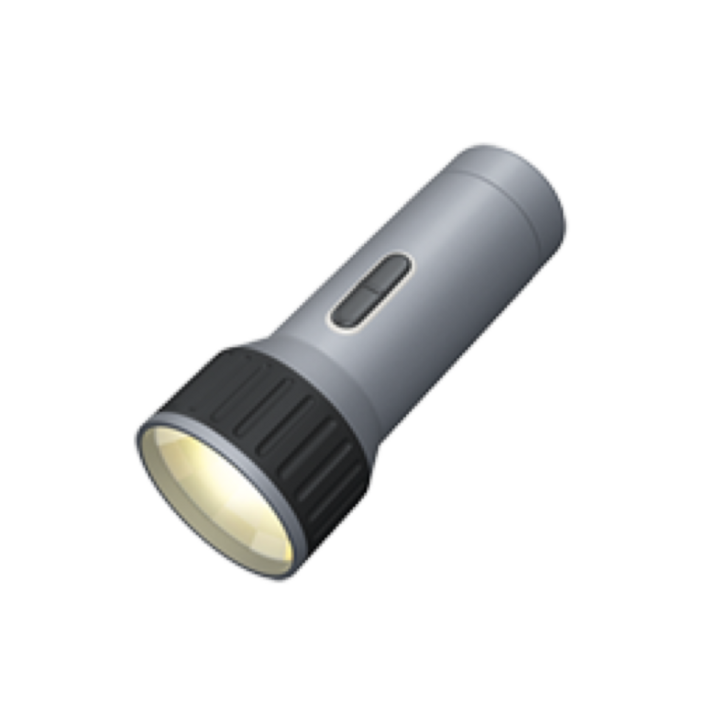
the different types of car warranties
FREE Car History Check
See MOT history, valuations, detailed specs and more… AND upgrade to see if any vehicle has been stolen, has finance or has been written off from just £4.99
A warranty is a contract to have faults or issues fixed, usually for a limited time period following the purchase of a vehicle. They fall into three broad categories with the standard manufacturers warranty being the most widely promoted. There are also adjustment warranties and what are termed secret warranties too, which are worth knowing about in order to ensure you receive the appropriate support should you need it.
What is an Adjustment Warranty?
In addition to the vehicle manufacturers, selling dealers also have a responsibility to deliver your car in working order. They cover the vehicle with what’s known as an adjustment warranty.
The adjustment warranty is there to provide fixes, minor tweaks and adjustments to the vehicle for often minor issues discovered shortly after delivery. These might include squeaks and rattles, wheel tracking and alignment, or even leaks.
An adjustment warranty usually covers a vehicle for its first 90 days.
What is an Manufacturer's Warranty?
Manufacturer warranties cover the main parts of a vehicle against premature failure. They offer reassurance to buyers that the first years of ownership shouldn’t have unexpected repair bills for individual component or manufacturing faults. They cover most of the vehicle although not the parts of a car which are classed as ‘wear and tear’ such as brake pads and discs, tyres or bulbs.
It is worth noting that manufacturers won’t want to pay out unnecessarily so will insist that the vehicle has been maintained to the correct standard (although not necessarily at a main dealer) and to the specific service schedule set out for that model.
Manufacturer warranties fall into three main categories and each is dealt with slightly differently.
Bumper to bumper warranty
This is the principal part of the cover which includes all the main components. Most manufacturers offer three year warranties, although some give five or even seven and some specialist sports car firms will provide just one. Many manufacturers also state a maximum mileage too, so a common limit is three years or 60,000 miles - whichever comes soonest.
Drivetrain warranty
This warranty covers the main transmission components including engine, gearbox and differential. The drivetrain warranty is often longer than the bumper to bumper one and might extend to five years or 100,000 miles (whichever comes first) for example.
Corrosion warranty
This covers deterioration of the bodywork, specifically rust, due to poor manufacture. For this to remain valid, any small chips and scratches will need to be dealt with quickly and more serious damage must be repaired at an approved body shop. Corrosion warranties are often valid for 10 years, some even for a vehicle’s lifetime.
What is an Secret Warranty?
Secret warranties arent in fact formal warranties but manufacturers will sometimes offer to fix faults outside the main warranty period.
Should your car experience a failure when no longer under the standard warranty, it can be worth calling the manufacturers customer service number. If it is a recognised, widespread issue, perhaps you have had an unreasonable customer experience or you have proved loyal to the brand, they may offer some support.
When out of warranty, these goodwill gestures may cover only part of a repair - for example parts but not the labour cost to fit them - but can take some of the sting out of an unexpected repair bill.














